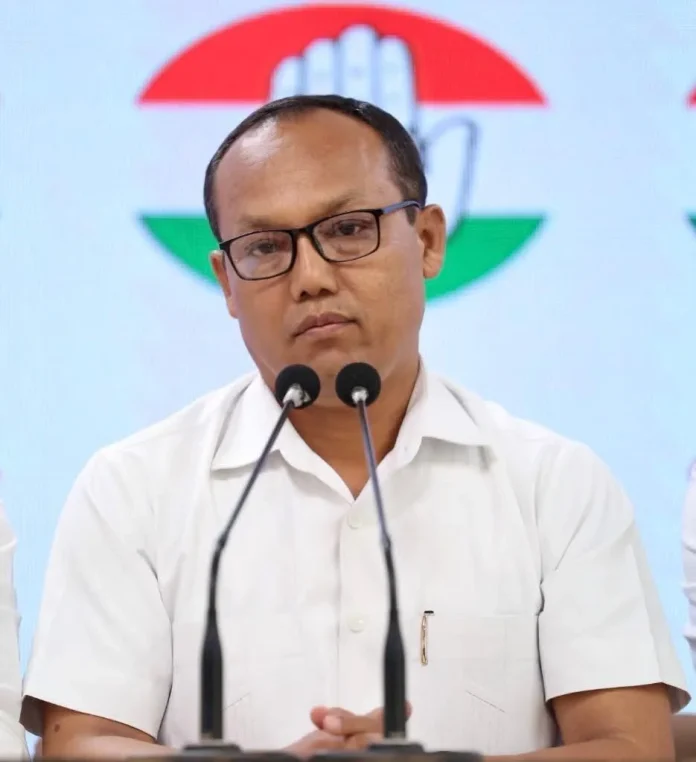Imphal, August 8: Manipur Congress President Keisham Meghachandra on Friday criticised the Goods and Services Tax (GST) regime, arguing that its uniform framework ignores the state’s unique economic and infrastructural realities. He urged the Centre and the GST Council to undertake a comprehensive review to safeguard small industries and traders in Manipur.
In a post on X, Keisham wrote: “GST — A One-Nation Tax That Overlooks Manipur’s Unique Realities. Manipur is likely to face grave difficulties following the passage of the amendment to the State GST in Parliament yesterday.”
He argued that the GST framework has been especially harsh on small, landlocked, and socio-economically fragile states like Manipur. “The ‘one-size-fits-all’ approach of GST does not serve the interests of small, landlocked, and socio-economically fragile states like Manipur,” he said.
Highlighting the loss of fiscal autonomy, Keisham noted that GST stripped states of the power to levy independent taxes such as VAT or entry tax. For Manipur, he said, this has reduced financial flexibility at a time when tailored economic policies are essential to meet local needs.
The Wangjing MLA claimed that local industries, artisans, and farmers — many of whom earlier enjoyed tax exemptions — are now burdened by uniform GST slabs. Traditional products such as handloom goods, bamboo crafts, and other small-scale items have moved into taxable categories, driving up prices and eroding competitiveness.
Keisham further stressed that GST’s online-based compliance system poses challenges for Manipur, where digital connectivity remains limited in many areas. This, he said, creates hurdles for small traders, shopkeepers, and rural entrepreneurs struggling to meet filing requirements.
He urged the Centre and the GST Council to take several corrective measures:
- Review the GST framework through a region-sensitive lens
- Restore fiscal space for small states
- Ensure timely compensation payments
- Simplify compliance processes for small traders
- Introduce differential tax slabs for economically backward and geographically isolated states.

